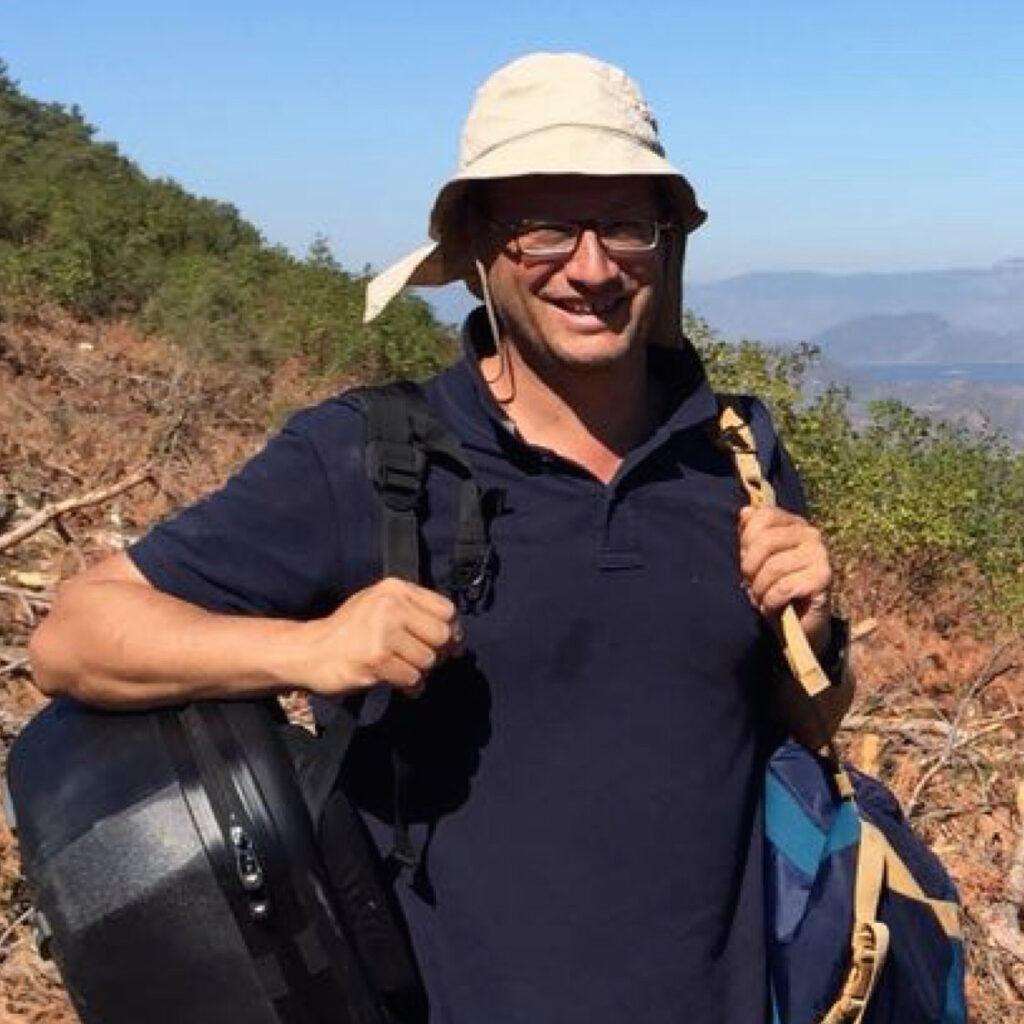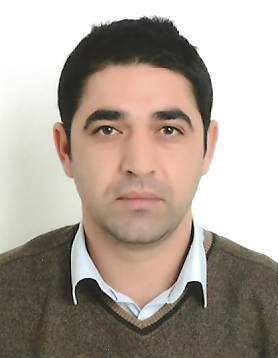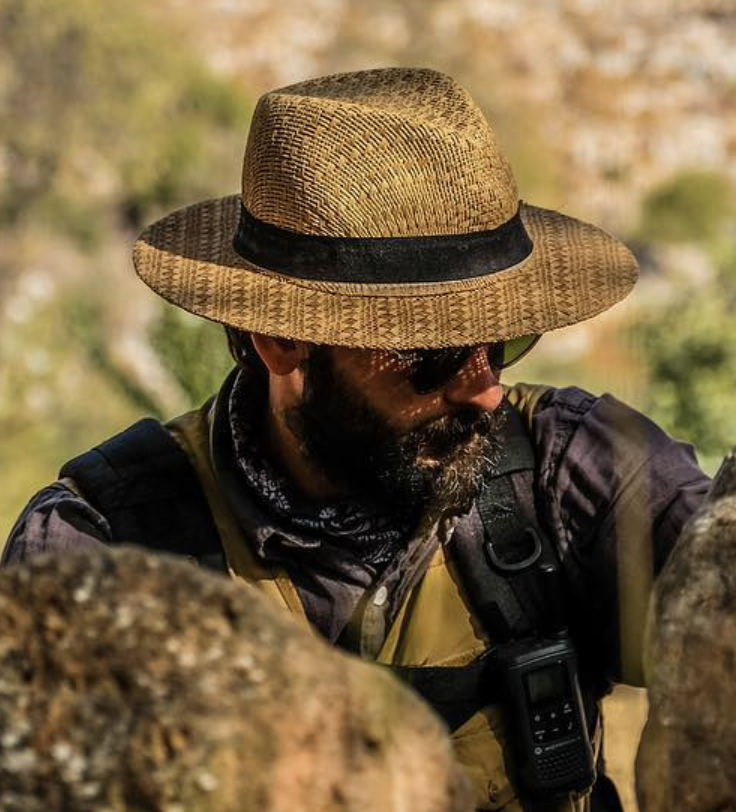Cult Project
Project Team

Assoc. Prof. Dr. Koray KONUK
Archaeologist - Numismatist, CNRS - Bordeaux Montaigne University, Ausonius Institute

Dr. Taylan DOĞAN
Archaeologist, Muğla Sıtkı Koçman University

Dr. Asil YAMAN
Director of the Project, Archaeologist, Penn Museum
Religion and cults will be considered as a separate subproject within the scope of the Phoenix Archaeological Survey. A wide variety of sources are used to identify deities worshiped in an ancient city (polis) and/or a rural settlement (kome). Architectural remains, coins, inscriptions, small finds, and ancient sources are data that provide information about religion and cults. All of these source materials are used when researching the religious life of a particular region, city, or village, and this can only be achieved when an interdisciplinary perspective is developed. Within the scope of the Phoenix Archaeological Survey, our research into cults will follow this approach, insofar as scholars with different specialities will come together to assess the religious life of Phoenix and its surroundings with a holistic approach. Research questions that we will seek to answer within the scope of this project include:
- What deities were worshiped in Phoenix and its surrounding areas?
- What were the rituals performed for these deities?
- What were the natural features and influences that contributed to the formation of certain cults and sacred sites?
- Were there sacred paths connecting komai and sanctuaries/temples in and around Phoenix?
- What were the local/rural cults in Phoenix and surrounding areas?
- What was the possible influence of Rhodes on religion and cults in the area?
Timeframe
It is expected that the Phoenix Cult Project will last for five years, in various phases, between 2021-2025.












